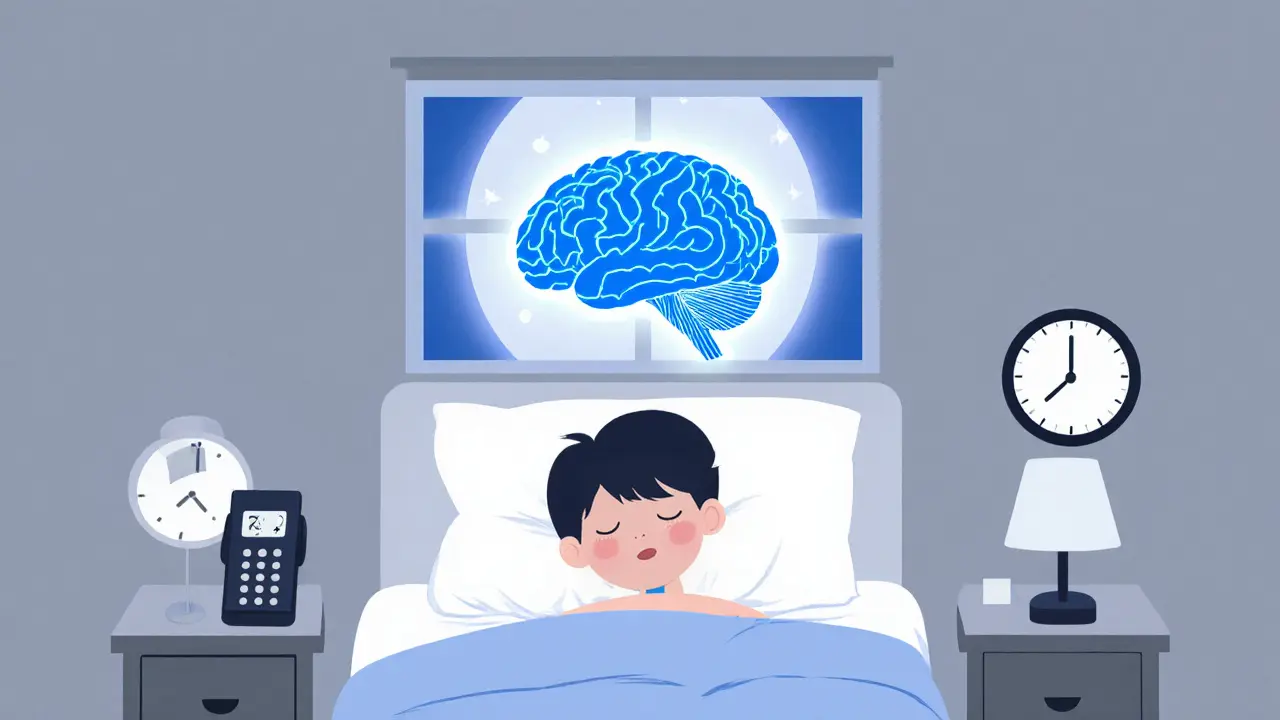Péče o psychiku: Jak podpořit duševní zdraví v každodenním životě
When you think about péče o psychiku, systémový přístup k udržování a obnově duševního zdraví, který zahrnuje terapii, sebepoznání i každodenní návyky. Also known as duševní hygiena, it isn't just for people in crisis — it's the quiet daily work of learning how to listen to yourself, set boundaries, and recover from emotional wear and tear. Many think it’s something you only need when you’re falling apart. But the truth? The best time to start is when you’re still standing.
Péče o psychiku se neobejde bez psychoterapie, strukturovaného procesu, kde se pomocí ověřených metod pracuje na hlubších vzorcích myšlení, chování a pocity. Also known as duševní léčba, it’s not magic — it’s practice. Whether you’re dealing with anxiety, trauma, ADHD, or just feeling stuck, therapy gives you tools to understand why you react the way you do — and how to change it. And it’s not just about talking. It’s about doing: journaling, mindfulness, setting limits, practicing self-compassion. The posts here show exactly how these tools work in real life — from DBT for borderline personality to mindfulness-based KBT for ADHD. You’ll also find clear advice on how to choose a therapist, when to switch one, and how trauma therapy can go wrong if safety isn’t prioritized — because not all help is helpful.
Co je skutečně důležité v péči o psychiku?
Nejde jen o to, že někdo „poslouchá“ — jde o to, aby se někdo traumaterapie, metody zaměřené na zpracování hlubokých psychických ran, jako jsou EMDR nebo TRE, které pomáhají tělu i mozku překonat zadržený strach. Also known as léčba traumatu, it’s not about forgetting the past — it’s about stopping it from running your present. Or how mentalizace, schopnost rozumět vlastním i cizím myšlenkám a emocím, což je základ pro zdravé vztahy a sebeovládání. Also known as schopnost vstoupit do mysli druhého, it’s what stops you from exploding in an argument or shutting down when someone says something that triggers you. These aren’t abstract ideas. They’re skills you can learn — and the articles below show you how, with real examples from Czech practice.
You’ll find guides on how to handle silence in therapy, how to choose a therapist regardless of their gender, how to adjust your environment if you’re autistic, and how to build a relapse prevention plan after treatment. There’s no fluff. No vague advice. Just clear, practical steps — from setting up a sensory-friendly therapy room to knowing when to leave a therapist who doesn’t fit. This collection isn’t about theory. It’s about what actually helps when you’re tired, overwhelmed, or just tired of feeling off — and you’re ready to do something about it.
- Brian Omwaka
- 0
Duševní hygiena: Jak pečovat o psychiku každý den bez nákladů a léků
Duševní hygiena není luxus - je to základní péče o psychiku, která snižuje stres, předchází vyhoření a zvyšuje odolnost. Sedm jednoduchých návyků, podložených vědou, ti pomůže žít lépe - bez léků a terapie.
Číst více